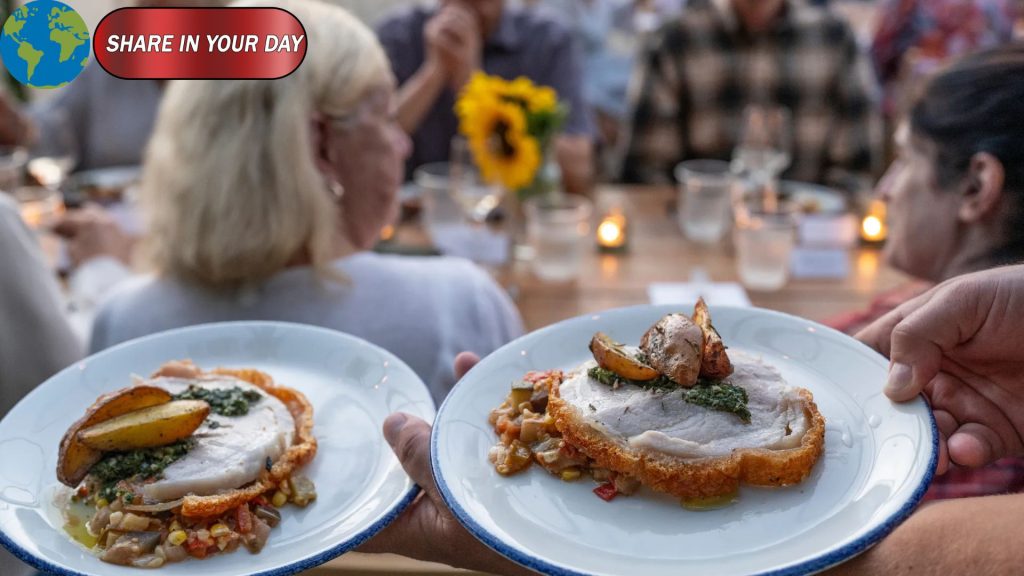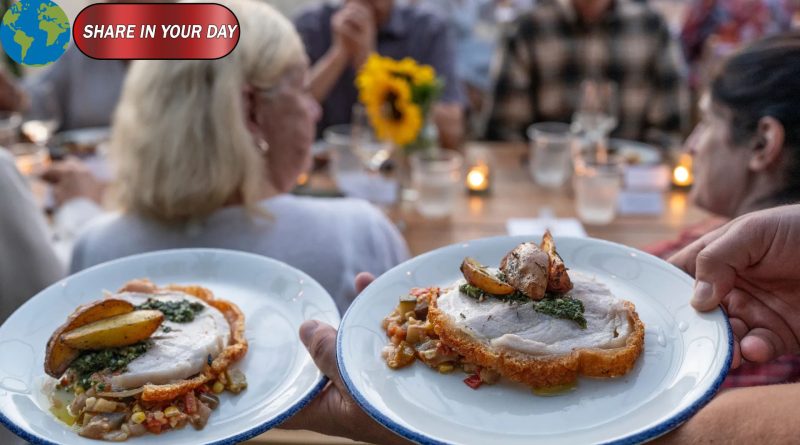How Dinner Series Became the Secret to Sustaining a Food Business
In today’s hospitality landscape, predictable revenue is gold. That’s why an increasing number of restaurants, farms, and culinary ventures are turning to dinner series—ticketed, themed meals cooked by chefs in unconventional or expanded settings—as a strategic tool to stay afloat.
Turning Dining Into a Ticketed Experience
At its core, a dinner series is a fully planned event: guests buy tickets in advance, the chef designs a fixed-menu experience, and every detail is accounted for. This model shifts much of the uncertainty out of the equation—no guessing how many covers you’ll sell, and no scrambling to manage off-menu requests or last minute seatings.
For restaurants, especially during slower periods, these events guarantee revenue. They also help streamline operations, reduce food waste, and grant chefs creative flexibility.
Michigan’s Trailblazers: Local Examples With Big Impact
Sylvan Table (Sylvan Lake, MI)
Owner Nicole Ryan hosts a “Harvest Dinner” under the stars each year. Diners gather at one long table lit by candlelight, feast on a multi-course menu drawn from the restaurant’s garden, and enjoy an immersive culinary experience. The event sells out within days—and, crucially, it doesn’t disrupt regular dinner service.
Granor Farm (Three Oaks, MI)
Granor’s culinary director, Abra Berens, runs a year-round weekly dinner series. Guests travel from around the region to enjoy seven courses of hyperlocal fare, begin with farm tours, and dine on breads baked with the farm’s own grain. What began as a seasonal side project has turned into a financial lifeline—helping the farm transform from seasonally dependent to sustainable year-round.
Farrand Hall (Colon, MI)
Originally intended as a private getaway home, this historic property was reimagined as a culinary destination. The owners founded a guest chef series, inviting notable chefs from across the nation to cook intimate dinners. The revenue helped fund major renovations and build a loyal following.
Why Dinner Series Work — The Business Logic
- Guaranteed Covers & Upside: Tickets are sold before the event, so revenue is locked in. No last-minute no-shows or empty tables.
- Waste Reduction: With fixed guest counts and planned menus, kitchens can order precisely and avoid overproduction.
- Creative Freedom: Chefs can experiment with seasonal ingredients, off-menu concepts, or themed dinners without constraints.
- Staff Stability & Growth: Revenue from these dinners can help hire, retain, or expand staff—especially in lean seasons.
- Brand & Community Building: Hosting special dinners builds loyalty, word-of-mouth buzz, and deeper connections with patrons and the local community.
Considerations Before Starting One
While dinner series can be powerful, they are not one-size-fits-all. To succeed, consider:
- Operational Capacity: Do you have a team that can support prep, service, and cleanup beyond your regular offerings?
- Venue & Ambience: Outdoor or alternate spaces (e.g. farm grounds, gardens, historic properties) often bring added charm—but also logistic complexity (weather, seating, lighting).
- Marketing & Timing: Because tickets are central, promoting ahead of time is crucial.
- Scalability: Starting small allows you to test menu, logistics, price points, and guest feedback before scaling up.
- Financial Risk Assessment: Initial investment (staff, decor, special ingredients) may be high—ensure you understand costs vs. projected ticket income.
Looking Ahead
For restaurants and farms alike, dinner series aren’t just novelties—they’re a viable tool to stabilize revenue, express culinary vision, and deepen relationships with guests. As one restaurateur put it, “Any time we can use a different space outside the normal dinner service and guarantee covers, it helps float us through the slow season.”
If a business already has the means to support one, the potential rewards—financial, creative, and reputational—are significant





